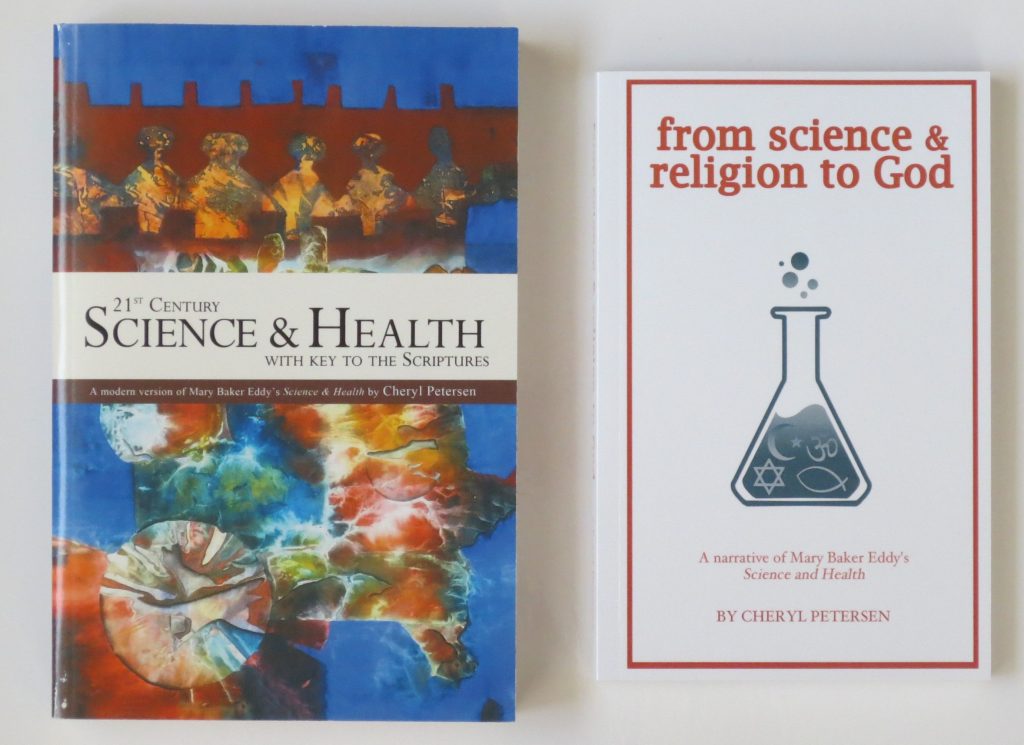With American politics stirring the emotions and loyalties, I can’t help but think about a study that shows people are twice as likely to look for information that confirms their beliefs rather than consider contradicting evidence. This tendency has been dubbed, confirmation bias.
We stay pretty close to our opinions, especially when they are familiar and comfortable.
But are those opinions constructive or destructive?
Answers to that question spotlight whether or not a person is loyal or biased.
Loyalty to a party, a church, a partner, or God comes without condemnation of others.
This is not to say that mistakes or pitfalls made by others shouldn’t be recognized, they should. But, condemnation is moot. The true course is to exhibit corrective thoughts and actions.
If we doubt our loyalty, yet refuse to cross over and basically sit on the fence, this shows the old loyalty was really a bias.
Our preferences to be comfortable, can also be unfairness.
Processing our loyalty to truth and love, rather than party lines or organizations, helps us determine what and who we can be loyal to in this world.
In the Bible, the book of Ruth talks about Ruth’s loyalty to Naomi. I think the loyalty was, not to a person as much as to deeper elements of grace and hope. Ruth saw in Naomi a spiritual hope that led her away from her old ways and traditions toward new views and new means of helping herself and others.


